A homeowner loan allows you to borrow a large sum of money by using your property as security. Also called a secured loan or second charge loan, the homeowner loan doesn’t affect your mortgage. However, you must have enough equity in your house to qualify for a home loan.
A homeowner loan has advantages and disadvantages. The loan can release funds for home improvements, debt consolidation, or even get a deposit to buy a second home. However, because the home loan is secured against your property, you risk losing it if you default on monthly repayments.
This quick guide to homeowner loans will help you decide if using your home’s equity to borrow money is for you.
What is a homeowner loan?
A homeowner loan offers a way of borrowing money if you own your house outright or have enough equity in your home when still paying a mortgage. The loan allows you to borrow between £5,000 and £1 million, depending on your property’s value and level of home equity.
How does a homeowner loan work?
You can apply for a homeowner loan if you have enough equity in your property or you have finished paying the mortgage. If approved for the loan, the money will be paid into your bank account. Then you repay the loan, plus interest and fees, until the end of the loan term. Repayment terms are typically between five and 35 years.
How much can you borrow with a homeowner loan?
The amount you can borrow depends on several factors. Of course, the most crucial factor is the amount of equity in your property. However – just like with a standard mortgage – the lender will run an affordability check and enquire about your income, personal circumstances, and credit history. In many cases, you must explain how you intend to use the money.
The total amount you can borrow is set by the maximum loan to value (LTV). In essence, the more equity you have in your property, the larger loan you can get.
For example, if your home is worth £250,000, but you have £70,000 left to pay on the mortgage, you have £180,000 in equity. Suppose you want to borrow £100,000. In that case, the LVT would be 55.5%.
Is a homeowner loan right for you?
It is crucial to think carefully before securing a loan against your home. However, there are circumstances when a homeowner loan could be the best option for releasing funds.
For example, a homeowner loan may be easier to obtain if you have a poor credit rating. Or, taking out a loan using your home as security could work out cheaper if you must borrow a large sum with an extended repayment period. Some homeowners take out a secured loan when they cannot extend their current mortgage.
Typically, a secured loan is the best idea if you must borrow a large sum of money over a term of 10 or 15 years.
However, a homeowner loan is usually a last resort to raise funds. This is because if you have financial problems, you could lose your home. It’s also worth remembering that, although monthly payments may seem low, the high-interest rate could make the final cost of the loan extremely expensive.
Therefore, it’s not a good idea to take out a homeowner loan to go on an expensive holiday or buy a new car.
Additionally, you should carefully consider the risks of consolidating debts with a homeowner loan. Moving unsecured debts (i.e., credit cards, car payments, utility debts) to a secured loan can be risky. Unsecured loans have fewer risks because there is no threat of your home being repossessed.
Homeowner loans — In Conclusion
Before applying for a secured load, it makes sense to speak to a financial adviser to get independent advice. You should also shop around to find competitive interest rates and the best deals. And remember to check the advertised APRC to compare prices and find the cheapest loan.
If you have a good credit score, you may be able to obtain an unsecured, personal loan at a competitive rate. This type of loan is associated with fewer risks. However, suppose you need to borrow a substantial sum over an extended time period. In that case, a homeowner loan may work for you.
THINK CAREFULLY BEFORE SECURING DEBTS ON YOUR HOME. YOUR HOME MAY BE REPOSSESSED IF YOU DO NOT KEEP UP REPAYMENTS ON YOUR MORTGAGE OR ANY OTHER DEBT SECURED ON IT.

Simply fill out the quote form below and let our advanced matching system do the work for you.

Simply fill out the quote form below and let our advanced matching system do the work for you.